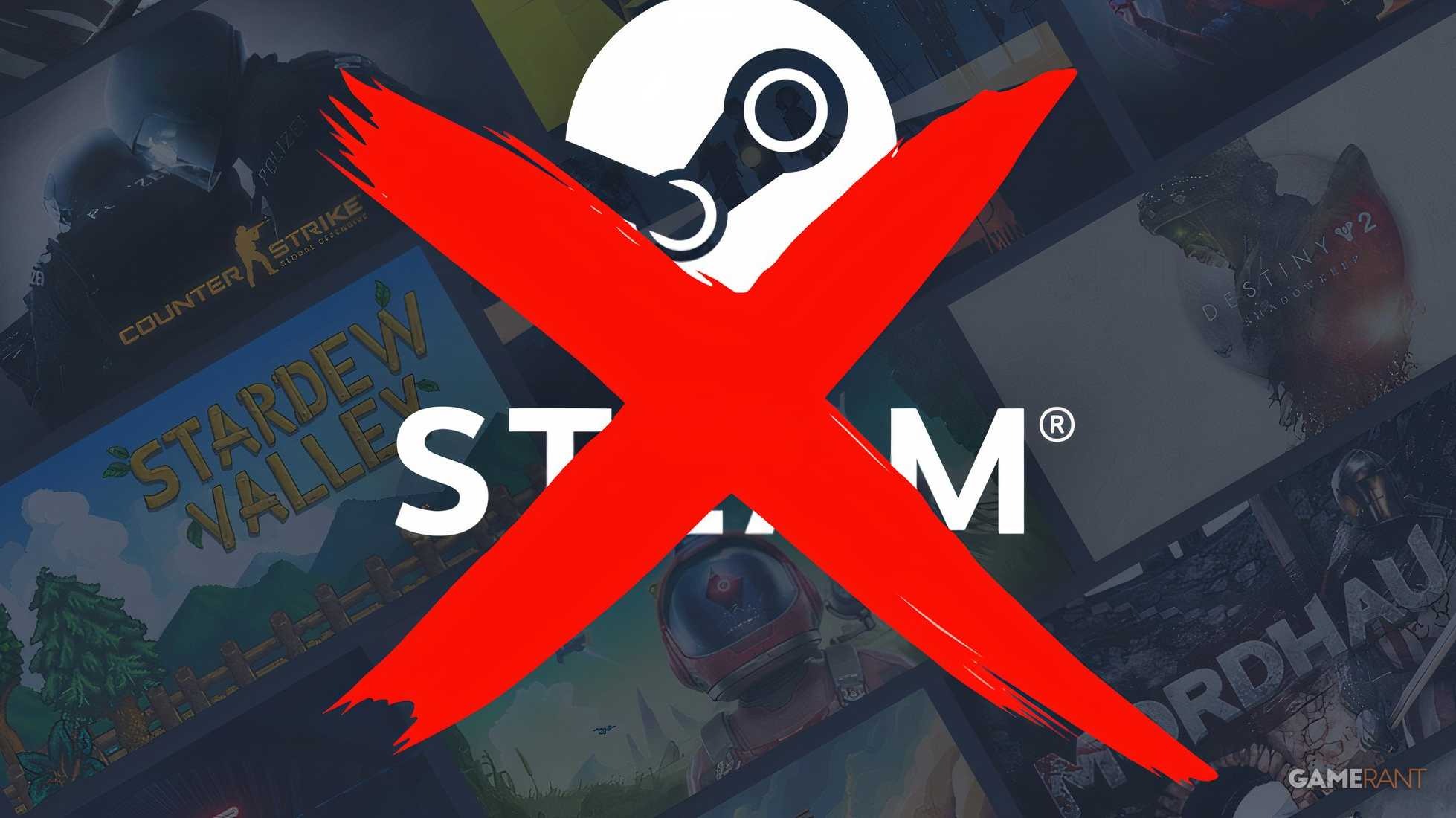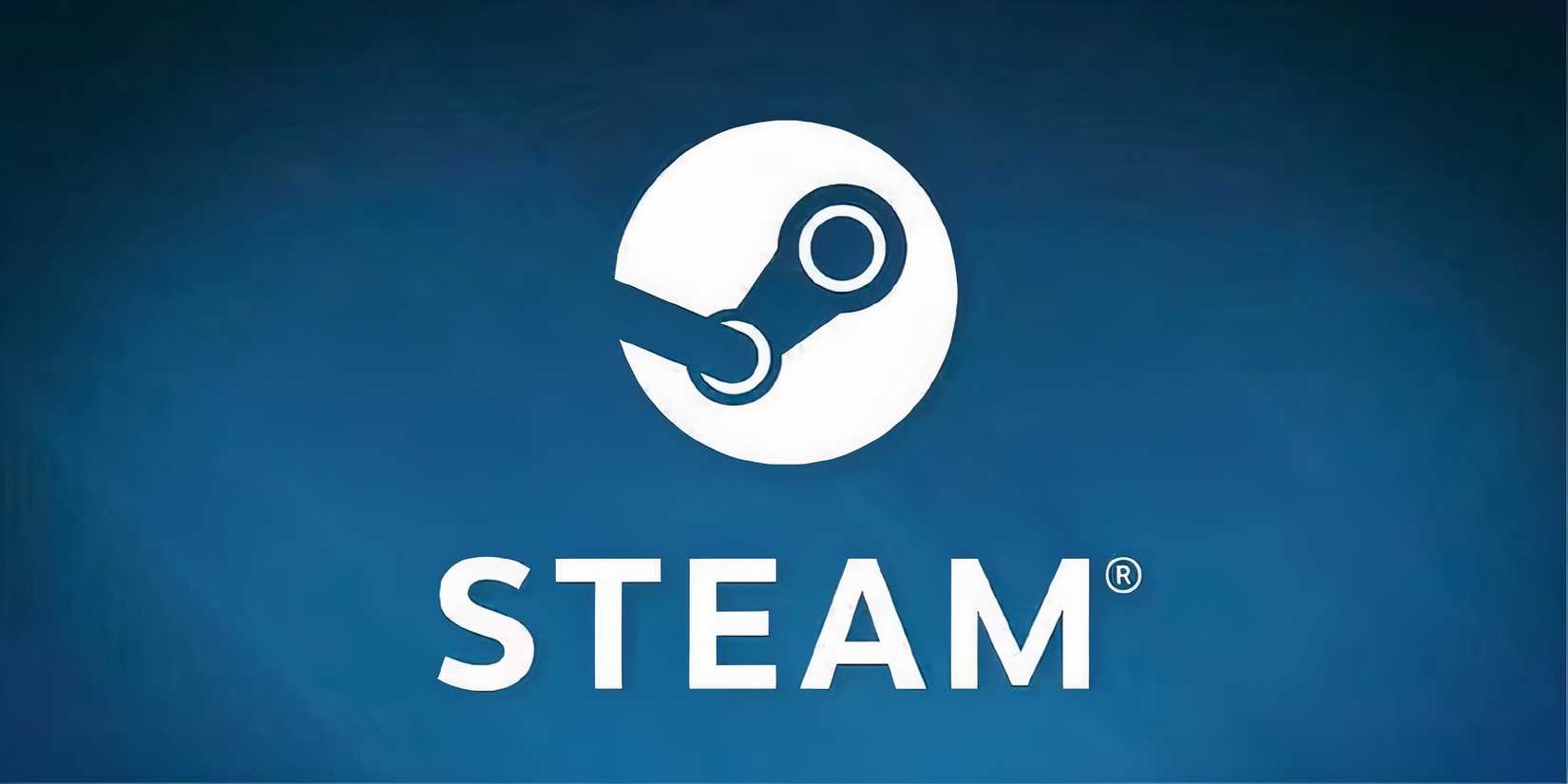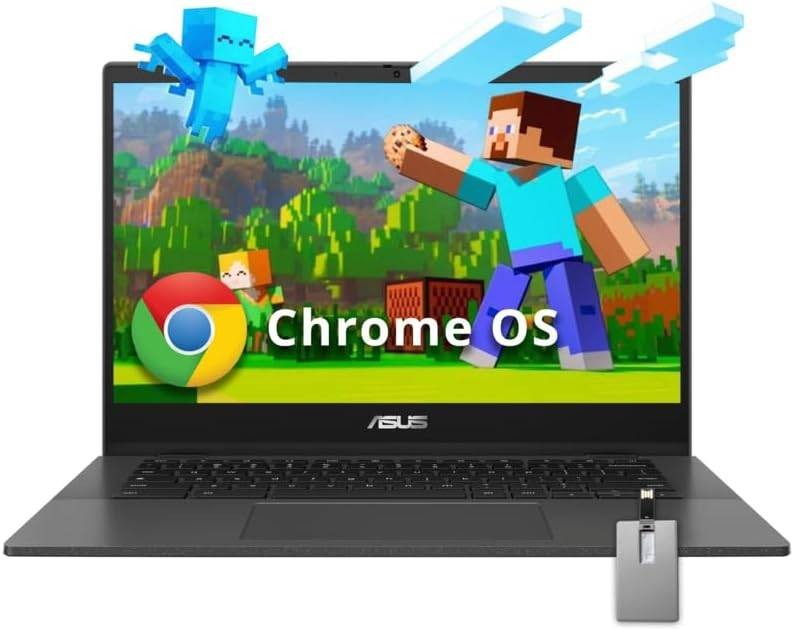End of the Road: Steam is Shutting Down on Chromebooks
Popular Now
 NBA 2K24
NBA 2K24
 Warframe
Warframe
 Valorant
Valorant
 EA SPORT FC 25
EA SPORT FC 25
 Stumble Guys
Stumble Guys
 Genshin Impact
Genshin Impact
 Minecraft
Minecraft
 Garena Free Fire: Kalahari
Garena Free Fire: Kalahari
 Call of Duty
Call of Duty
 Roblox
Roblox
 In a surprising and somewhat quiet announcement, Google has confirmed that its long-running experiment with bringing Steam to Chromebooks is coming to an end. After nearly three years in a beta phase, the program is officially being sunsetted. Starting on January 1, 2026, Steam will no longer be available on ChromeOS, and all installed games will become unplayable. This decision marks the end of a bold but ultimately limited venture to position Chromebooks as a viable platform for native PC gaming, leaving a void for a segment of users who had invested in the ecosystem with the promise of more powerful gaming experiences.
In a surprising and somewhat quiet announcement, Google has confirmed that its long-running experiment with bringing Steam to Chromebooks is coming to an end. After nearly three years in a beta phase, the program is officially being sunsetted. Starting on January 1, 2026, Steam will no longer be available on ChromeOS, and all installed games will become unplayable. This decision marks the end of a bold but ultimately limited venture to position Chromebooks as a viable platform for native PC gaming, leaving a void for a segment of users who had invested in the ecosystem with the promise of more powerful gaming experiences.
The Steam for Chromebooks Beta program first launched in March 2022 and was an ambitious collaboration with Valve. It allowed select, more powerful Chromebooks to run a limited number of Linux-based Steam games natively. The program was a significant step for Google in its push to make ChromeOS a more versatile operating system, but it was always a niche feature. The number of supported devices was small, and performance was often a major issue, even on high-end hardware. The announcement of its discontinuation, which is now visible in the Steam for Chromebooks installer, signals a clear pivot in Google’s gaming strategy, moving away from native PC titles and back towards cloud gaming and Android apps.
 The Technical and Strategic Reasons Behind the Shutdown
The Technical and Strategic Reasons Behind the Shutdown
The decision to end the Steam for Chromebooks Beta is likely a result of both technical limitations and a strategic shift from Google. From a technical standpoint, the challenges of running a large library of PC games on a lightweight, web-centric operating system were immense. Many Chromebooks, even the more powerful ones, simply lacked the necessary processing power and graphical capabilities to run demanding titles at a playable frame rate. The program’s reliance on ChromeOS’s Linux environment (Crostini) also added a layer of complexity that was difficult to manage and scale. This led to a very limited list of compatible games and a user experience that often felt more experimental than polished.
From a strategic perspective, Google appears to be doubling down on cloud-based gaming services like NVIDIA GeForce Now and Xbox Cloud Gaming. These services allow players to stream high-end PC games directly to their Chromebooks without the need for powerful, expensive hardware. For Google, this is a much more scalable and efficient solution than trying to support native PC gaming on a fragmented ecosystem of devices. The company’s official announcement hints at this shift, stating that the learnings from the Steam Beta will “inform the future of Chromebook gaming,” suggesting a future that is more focused on cloud and mobile gaming solutions. The shutdown is not just an end to a program; it is a clear sign that Google is ceding the native PC gaming space to platforms like Windows and macOS and is instead focusing on the areas where ChromeOS can truly excel.
The Impact on Gamers and the Future of Chromebook Gaming
For the small but dedicated community of gamers who had embraced the Steam Beta, this news is a major disappointment. Many users invested in more powerful Chromebooks specifically for this feature, and they will now lose access to their installed games and the ability to play them offline. The shutdown effectively ends a dream for many, who had hoped that Chromebooks could one day be a viable alternative to traditional gaming laptops. While players can still access cloud gaming services or Android games from the Google Play Store, these options do not offer the same local, offline experience that native Steam gaming did. The shutdown also creates a vacuum for users who were looking for a way to play their existing Steam libraries on a budget-friendly machine.
Looking ahead, the future of gaming on Chromebooks is now a big question mark. The discontinuation of the Steam Beta leaves a void that Google has not yet promised to fill with a native alternative. While cloud gaming is a compelling solution, it requires a stable, high-speed internet connection, which not all users have access to. The move also highlights a broader trend in the tech industry where older, less powerful hardware is being phased out in favor of newer, more capable systems. As for Steam, the company has also recently announced that it will be ending support for older versions of macOS, including macOS 11 (Big Sur), from October 15, 2025. This shows a larger pattern of Valve prioritizing the security and features of newer operating systems, which is a common practice in the industry. For now, the sun is setting on Steam for Chromebooks, and the future of gaming on the platform remains a murky, cloud-dependent landscape.










